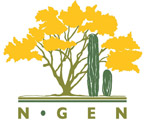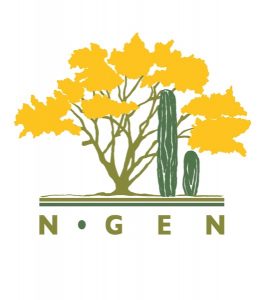Adrian Quijada & Philip Miguel (Session leaders)
Tohono O’odham Community College
Summary
In contrast to western approaches of science, Indigenous research focus in obtaining knowledge that is relevant to the survival and preservation of culture and the people. As a consequence, a strong component of Indigenous research is intimately linked to ecological and cultural sustainability. In this session we will introduce the current state of Indigenous lands at the US-Mexico border and the issues that Indigenous communities faces in the context of a transborder landscape, ecology and culture in an environment and culture divided by political boundaries.
As a focal example, we will use the Tohono O’odham Nation (TON), the Tohono O’odham villages in Mexico, and Tohono O’odham Community College as a case study. We will introduce our College-level Tohono O’odham Studies program and the Studies in Indigenous Borderlands as mechanisms to increase cultural awareness, research needs and multidisciplinary education to respond the challenges of living at the borderlands. The participants of the session will discuss and brainstorm on the opportunities and challenges to develop a network of collaboration between the three nations (TON, USA, Mexico) where Indigenous-based research is considered.
Materials and tangible products
Participatory materials: The material to facilitate the discussion will be a comprehensive map of the Sonoran desert region with areas culturally important for the Tohono O’odham people, stickers and paper to write bullets on topics and sections.
Background readings: There is vast literature on Tohono O’odham environmental and cultural topics relevant for the discussion. The readings we recommended for this session is just a sample.
Data products: Based on the information obtained from the map and discussion of literature, participants will enlist challenges and opportunities to collaborate with Indigenous communities and institutions at both sides of the border.
Final products: The findings of the session will be used to elaborate a white paper towards an Indigenous transborder collaboration network; this can be used as baseline for funding proposals. The information will be also the framework for a concept paper on transborder collaboration in Indigenous research and education.


